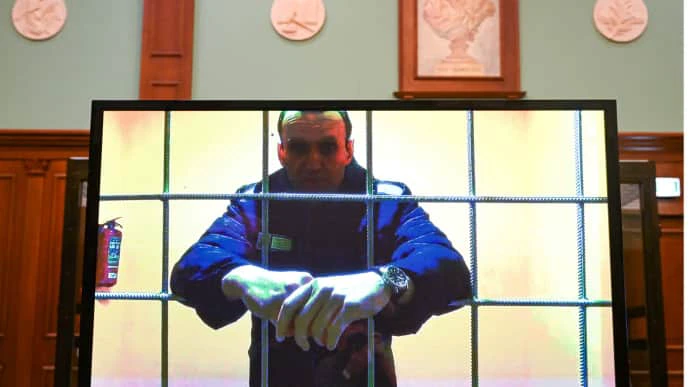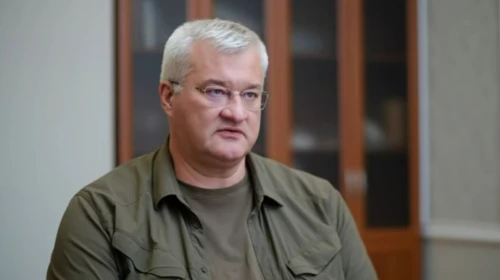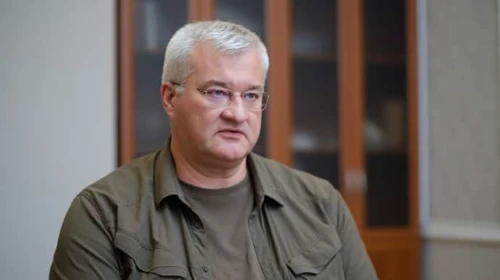Russian opposition leader Navalny could have been poisoned, journalists found documents

The Insider states that its journalists have gained access to hundreds of official documents confirming that Russian opposition leader Alexei Navalny who was imprisoned in the Polar Wolf penal colony could have been poisoned.
Source: The Insider
Details: Specifically, The Insider obtained two versions of the regulation refusing to initiate a criminal proceeding, signed by Major of Justice Alexander Varapaev. The earlier version describes Navalny's symptoms as follows:
"On 16 February 2024, convict A.A. Navalny felt a sharp deterioration of his health condition while in exercise yard No. 2 of the EPKT [unified cell-type housing unit], about which he informed the duty officer of the institution, who took the latter out of the premises of the exercise yard to the premises of section No. 4 of the EPKT.
"There, convict A.A. Navalny lay down on the floor and began to complain of sharp pain in the abdominal area; he started reflexive ejection of his stomach contents, had convulsions, and lost consciousness, which was immediately reported to the medical staff of the correctional facility."
In a later version of the same regulation (which became the final one), there was no information about abdominal pain, vomiting or seizures. But The Insider also has another document – an inventory of "seized objects" taken from the scene of Navalny’s death. The list includes "samples of vomit," which the document indicates were submitted for examination. However, neither the fact of the examination nor Navalny’s vomit were ever officially reported.
"The documents confirm the words of Yulia Navalnaya, who stated that ‘in the last minutes before his death, [Alexei] complained of acute pain in his stomach’," The Insider reports.
The Insider cites ER doctor Alexander Polupan, who treated Navalny in Omsk City Hospital No. 1 after the Novichok poisoning in 2020, who says that the symptoms described in the documents do not correspond to the official version.
"The official cause of death — a heart rhythm disorder — would in no way explain the symptoms described in the resolution: sharp abdominal pain, vomiting, or seizures. These symptoms can hardly be explained by anything other than poisoning. The short interval between the abdominal pain and the convulsions suggests the possibility of exposure to an organophosphorus agent, for instance — the same class of substances as Novichok, but in this case it may have been applied internally rather than topically," Polupan says.
Other medics of different specialties interviewed by The Insider agree with Polupan’s conclusions.
Other facts also point to the application of a poisonous substance: the authorities did not release Navalny’s body for a long time and did not allow conducting an alternative examination of biological material. It is only now that the fact of poisoning was confirmed by official documents.
Background:
- On the afternoon of 16 February, Russia’s Federal Penitentiary Service reported the death of Russian opposition leader Alexei Navalny at Correctional Facility No. 3 in Kharp, Yamalo-Nenets Autonomous Okrug, in northwestern Siberia. Representatives of the correctional facility where Navalny had been held told the politician's mother that he had died of sudden death syndrome.
- On 24 February, Russia’s prison employees finally handed over the body of Alexei Navalny to his mother.
- On 1 March, the funeral service for Alexei Navalny took place in Moscow.
- Russian President Vladimir Putin has called the death of opposition leader Alexei Navalny in a Russian prison a "sad event" and claimed he had been prepared to exchange him.
Support The-News by becoming our patron! Your help keeps us thriving. Thank you!




To leave a comment, please log in.